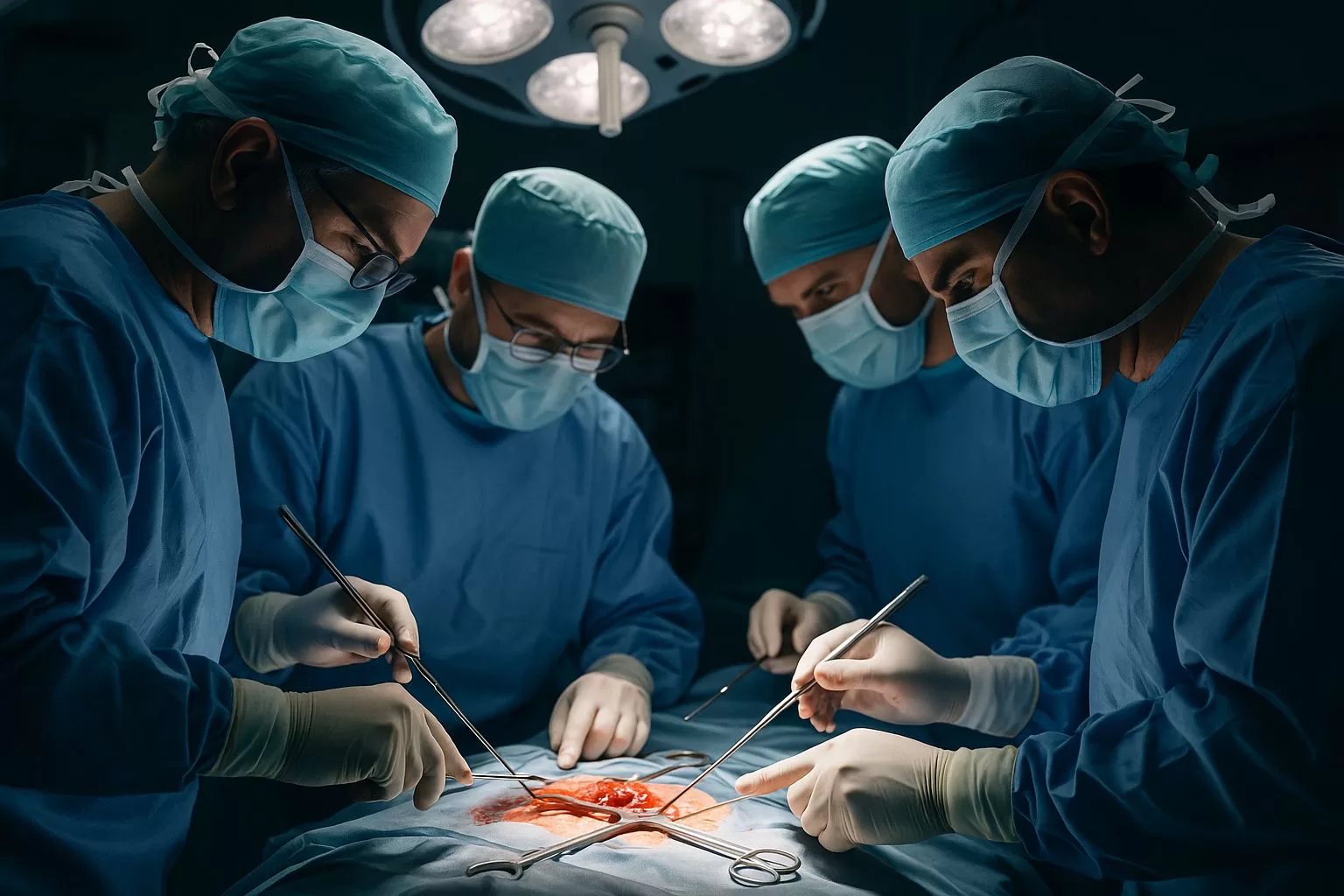
LOS ANGELES, May 19, 2025 (WSH) — The Ronald Reagan UCLA Medical Center has successfully performed the world’s first human bladder transplant, offering renewed hope to patients with severe urinary system disorders and marking a milestone in transplant medicine.
According to Agence France-Presse, the groundbreaking procedure took place on May 4 and involved a 41-year-old male patient who had previously undergone partial bladder removal and kidney resection due to cancer. He had relied on dialysis for seven years.
In an eight-hour surgery, the patient received both a bladder and a kidney from the same donor. The transplant yielded immediate results: the new kidney began producing urine right away, and the urine was successfully diverted to the transplanted bladder, eliminating the need for dialysis.
🧬 Why Bladder Transplantation Is So Difficult
Bladder transplants have long been considered one of the most formidable challenges in surgical medicine. The reasons include:
- Complex Structure: The bladder is not merely a fluid reservoir; it is a highly dynamic organ with intricate muscular, vascular, and neural systems that must be successfully reconnected to the patient’s body.
- High Risk of Immune Rejection: The bladder is more prone to triggering immune responses compared to commonly transplanted organs like kidneys or livers.
- Scarcity of Donor Organs: Bladders are not standard donor organs, making compatible donations extremely rare.
Dr. Justin Nguyen, one of the lead surgeons on the case, described the success as “a technical and biological breakthrough that could reshape reconstructive urology.” The surgery also demonstrates the feasibility of dual-organ transplantation, which may redefine approaches to complex organ failure in the future.
✅ Outlook and Future Applications
This pioneering operation opens new doors for:
- Patients with bladder loss due to trauma, cancer, or congenital abnormalities
- Individuals undergoing concurrent kidney and urinary system reconstruction
- Advancements in regenerative medicine and multi-organ transplant protocols
The UCLA medical team emphasized that the operation represents not just a one-time success, but a new model for urinary tract restoration that may become a template for other institutions globally.
“We’re not just restoring function—we’re restoring quality of life,” said Dr. Nguyen.

